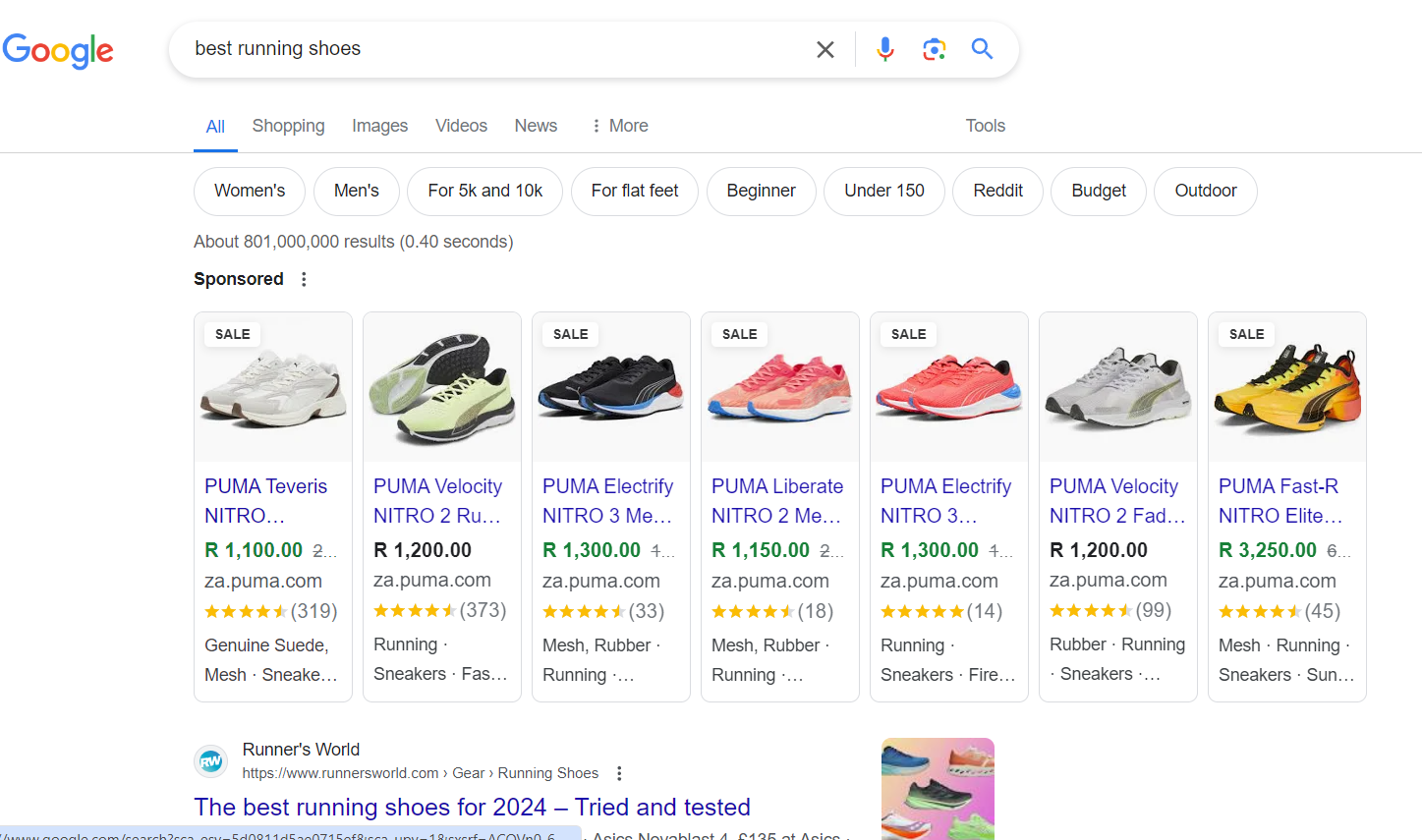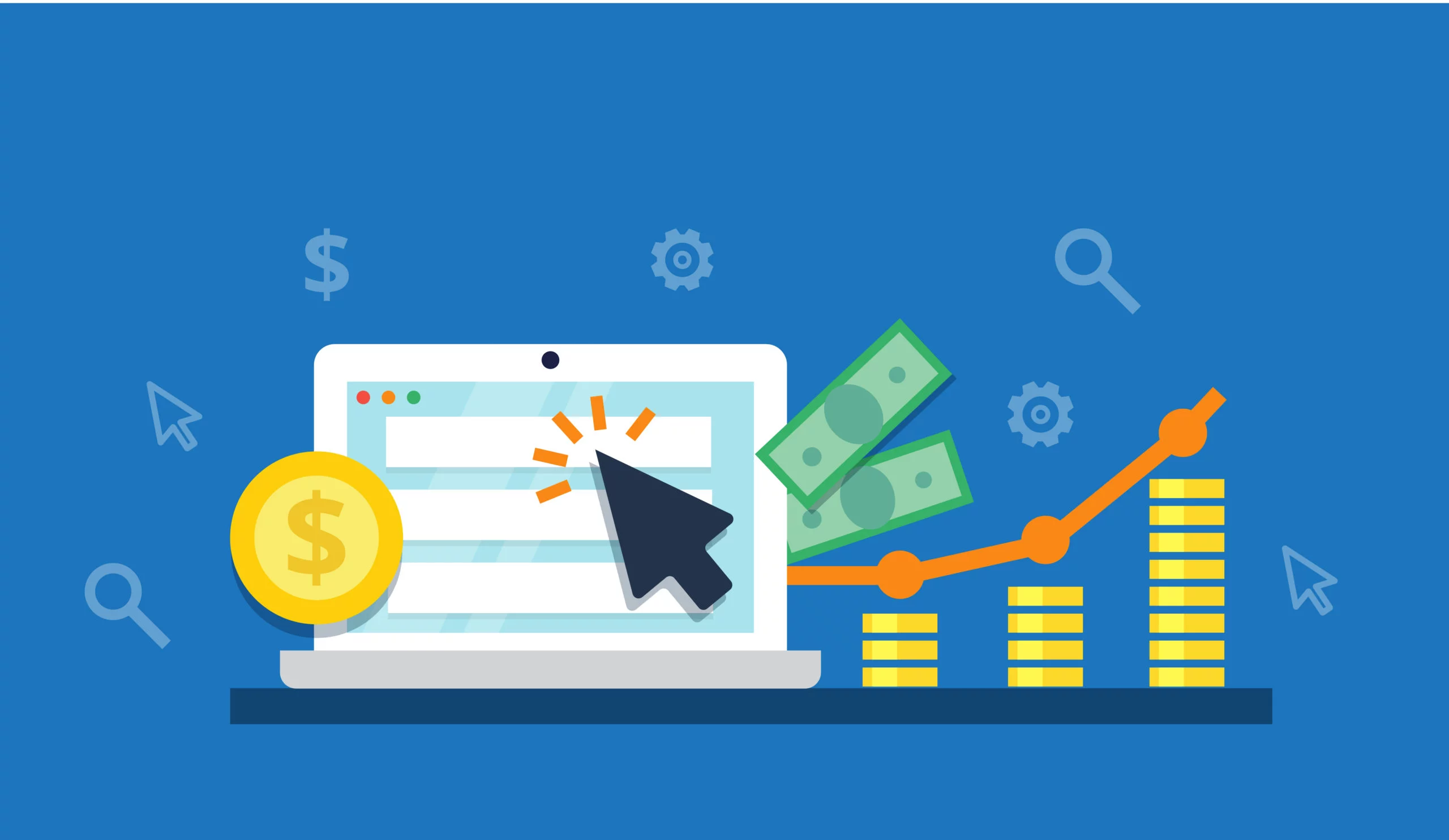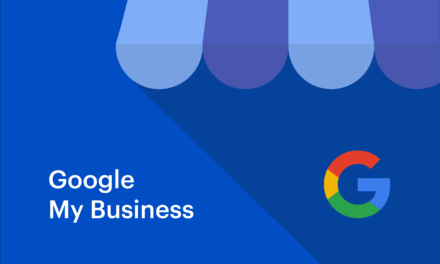In the world of online marketing, Google PPC (Pay-Per-Click) advertising is a powerful tool that can help businesses reach their target audience and drive traffic to their websites.
But what exactly is Google PPC, and how does it work? In this blog post, we’ll break down the basics of Google PPC in simple terms, so you can understand how it can benefit your business.
What Exactly is Google PPC?
PPC, or Pay-Per-Click, is an online advertising model where advertisers pay a fee each time one of their ads is clicked. Essentially, it’s a way of buying visits to your site, rather than attempting to “earn” those visits organically.
How Does Google PPC Work?
1. Keyword Research:
- Identify Keywords: Advertisers research and select keywords that potential customers might use when searching for their products or services.
- Use Tools: Tools like Google Keyword Planner help in finding relevant keywords with good search volumes and manageable competition.
2. Ad Creation:
- Craft Ads: Advertisers create ads consisting of headlines, descriptions, display URLs, and call-to-action (CTA) prompts.
- Ad Extensions: Additional information like phone numbers, location, site links, and more can be added to enhance the ad’s appeal.
3. Bidding:
- Set Bids: Advertisers set maximum bids, which are the highest amount they are willing to pay for a click on their ad.
- Ad Auction: When a user enters a search query, Google runs an auction. Ads are ranked based on the bid amount and Quality Score (a measure of the ad’s relevance and quality).
4. Ad Placement:
- Search Network: Ads appear on Google’s search engine results pages (SERPs) at the top or bottom.
- Display Network: Ads appear on partner websites, YouTube, Gmail, and apps within Google’s network.
5. User Interaction:
- Click and Visit: When users click on an ad, they are directed to the advertiser’s website or landing page.
- Pay Per Click: The advertiser is charged each time their ad is clicked.
6. Performance Tracking:
- Analytics: Google Ads provides detailed analytics on ad performance, including impressions, clicks, click-through rate (CTR), conversion rate, and more.
- Optimization: Advertisers can use this data to refine their keywords, ad copy, and bids to improve performance.
How to Spot Google PPC Ads?
Google PPC ads are designed to blend in with organic search results but can be distinguished by a few key features:

1. Sponsored Label:
- “Sponsored” Tag: The most obvious indicator is the small “Sponsored” label in bold next to the ad’s URL. This label is placed before the URL to indicate that the listing is a paid advertisement.
2. Position:
- Top and Bottom Placement: PPC ads usually appear at the top of the search results page above the organic results or at the very bottom of the page.
How Can PPC Boost Your Business?
PPC (Pay-Per-Click) advertising can significantly boost your business in several ways:
- Immediate Visibility: PPC campaigns can quickly place your ads at the top of search engine results pages (SERPs) or on relevant websites, ensuring immediate visibility to potential customers.
- Targeted Audience: PPC allows precise targeting based on demographics, interests, location, and search intent, ensuring your ads reach the right audience at the right time.
- Controlled Budget: With PPC, you have full control over your budget. You can set daily or campaign budgets and adjust bids based on performance, ensuring efficient spending.
- Measurable Results: PPC platforms like Google Ads provide detailed performance metrics, allowing you to track clicks, conversions, and ROI (Return on Investment) in real-time.
- Increase Website Traffic: PPC campaigns can drive high-quality traffic to your website, leading to increased leads, sales, or other desired actions.
- Brand Awareness: Even if users don’t click on your ads immediately, consistent exposure through PPC can boost brand awareness and recall, influencing future purchase decisions.
- Complements SEO Efforts: PPC can supplement your SEO (Search Engine Optimization) strategy by targeting specific keywords or promoting seasonal offers while waiting for organic rankings to improve.
Disadvantages of PPC
While PPC (Pay-Per-Click) advertising offers many advantages, it’s important to consider potential disadvantages before investing in this marketing strategy:
- Costs: One of the main drawbacks of PPC is the potential for high costs. Clicks can be expensive, especially for competitive keywords and industries. If not managed properly, PPC campaigns can quickly exceed budget limits without delivering desired results.
- Requires Expertise: Managing successful PPC campaigns requires expertise in keyword research, ad copywriting, bid management, and campaign optimization. Without the necessary skills and knowledge, it’s easy to waste money on ineffective campaigns.
- Competition: PPC advertising is highly competitive, particularly for popular keywords and industries. This can drive up costs and make it challenging to achieve top ad placements.
- Temporary Results: PPC delivers immediate results while ads are running, but once you stop paying for clicks, the traffic stops. Unlike SEO, which can generate organic traffic over time, PPC is a continuous investment.
- Ad Blindness: Some users may develop “ad blindness” and intentionally ignore paid search results, focusing instead on organic listings. This can reduce the effectiveness of PPC campaigns.
- Click Fraud: Click fraud is a potential risk in PPC advertising, where competitors or malicious individuals click on ads with no intention of engaging with the content. This can deplete ad budgets and skew campaign performance metrics.
- Limited Ad Space: Search engines often limit the number of ads displayed on search results pages, making it challenging to secure top placements and reach a broad audience.
- Ad Blocking: Increasing use of ad blockers by internet users can further limit the visibility and effectiveness of PPC ads, reducing their impact.
While PPC can be a powerful marketing tool for businesses, it’s essential to weigh the potential disadvantages alongside the benefits. A well-planned and carefully managed PPC strategy can mitigate these challenges and maximize the return on investment (ROI) from paid advertising efforts.
Ready to get started with PPC?
Click here to learn more about how to do PPC, or here to learn steps you should consider before hiring a PPC agency.







